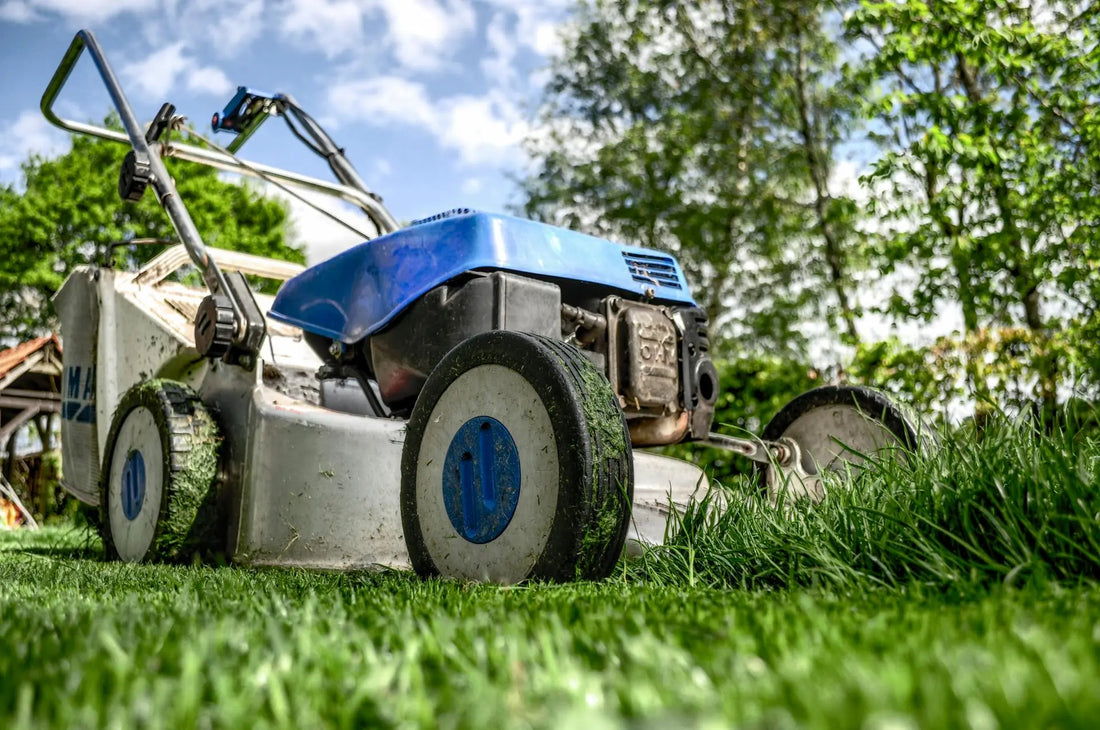
When Should I Use A Fuel Stabiliser?
Share
Imagine this scenario: It's the first sunny weekend of the Spring. You dust off your motorbike or car that's been in storage all Winter and the engine sputters, coughs and ultimately refuses to start.
What's gone wrong? Surely engines don't go bad just from sitting around?
If the engine ran fine in recent months it's likely that the fault is not with with engine at all. The fault could instead be with stale and degraded fuel.
Fuel stabilizers act as preservatives for your petrol. They maintain the quality of petrol even when it's not being used and significantly extend it's lifespan.
In this guide we're going to look at what a fuel stabilizer is, how it works and when to use it.
What is a fuel stabilizer anyway?
At it's most basic level, a fuel stabilizer is a liquid additive designed to be mixed directly with petrol. It's primary job is to prevent the fuel from oxidising or degrading over time.
Fuel degrades due to a chemical reaction. When it's exposed to air and other environmental factors the complex elements within petrol start to break down. The result is a thick substance that will clog up a fuel system and other engine components. This is particularly the case with smaller engines such as those found in lawn mowers and boats, or engines used infrequently such as in classic cars.
If you've encountered an engine that doesn't start smoothly or performs poorly, degraded fuel might be the problem. Spoilt fuel can cause starting issues, lower fuel efficiency and ultimately shorten the lifespan of an engine.
Ethanol-blended fuels, such as E10, comes with an additional set of issues. Ethanal is hygroscopic, meaning it attracts water.
When water content reaches a certain level, it can lead to phase separation. The water / ethanol blend sinks, whilst the remaining fuel will float, and this creates a situation where corrosion and wider engine damage can occur. This makes fuel stabilizers especially useful for E10 petrol.
The problem with stale fuel
When fuel goes stale it undergoes a series of chemical changes that undermine it's composition and performance.
When petrol ages it starts forming a varnish and gum like texture which will stick to and block your fuel system, including carburettors, injectors and fuel lines. These blockages will inhibit the flow of fuel, which makes the engine harder to start and negatively affects the overall performance.
Attempting to start or run an engine on stale fuel could lead to a host of problems that will severely compromise the efficiency and lifespan of the components.
When to use fuel stabilizer
Timing is important when it comes to the effectiveness of fuel stabilizer. Knowing when is the right time to add stabilizer can save you a load of trouble.
Add it too late and your fuel will be beyond saving. The ideal time is just before you store equipment or a vehicle for an extended period. You're not just preserving fuel, you're also protecting the entire engine and ensure it smoothly comes back to life when you start it next.
Whether you're storing seasonal gardening equipment, cars, bikes, or even a simple can of petrol, below we've outlined some common scenarios.
Seasonal equipment
If you own machinery or vehicles you use seasonally, such as a petrol lawnmower, fuel stabilizer is essential. Add it to your fuel tank before you store it away for the Winter months. It will keep the petrol fresh and ensure it starts smoothly when you're ready to use it again.
Infrequently used vehicles
If you have a car or motorcycle you don't use often, adding fuel stabilizer can help prolong the life of the fuel. You'll remove the need to ensure you leave the fuel tank empty when you know it won't be used for a longer period of time.
Long term fuel storage
Many of us store spare fuel in jerry cans for future use. Without the use of a fuel stabilizer this will go stale, which is especially vital if you maybe have some emergency fuel in the boot of your car.
